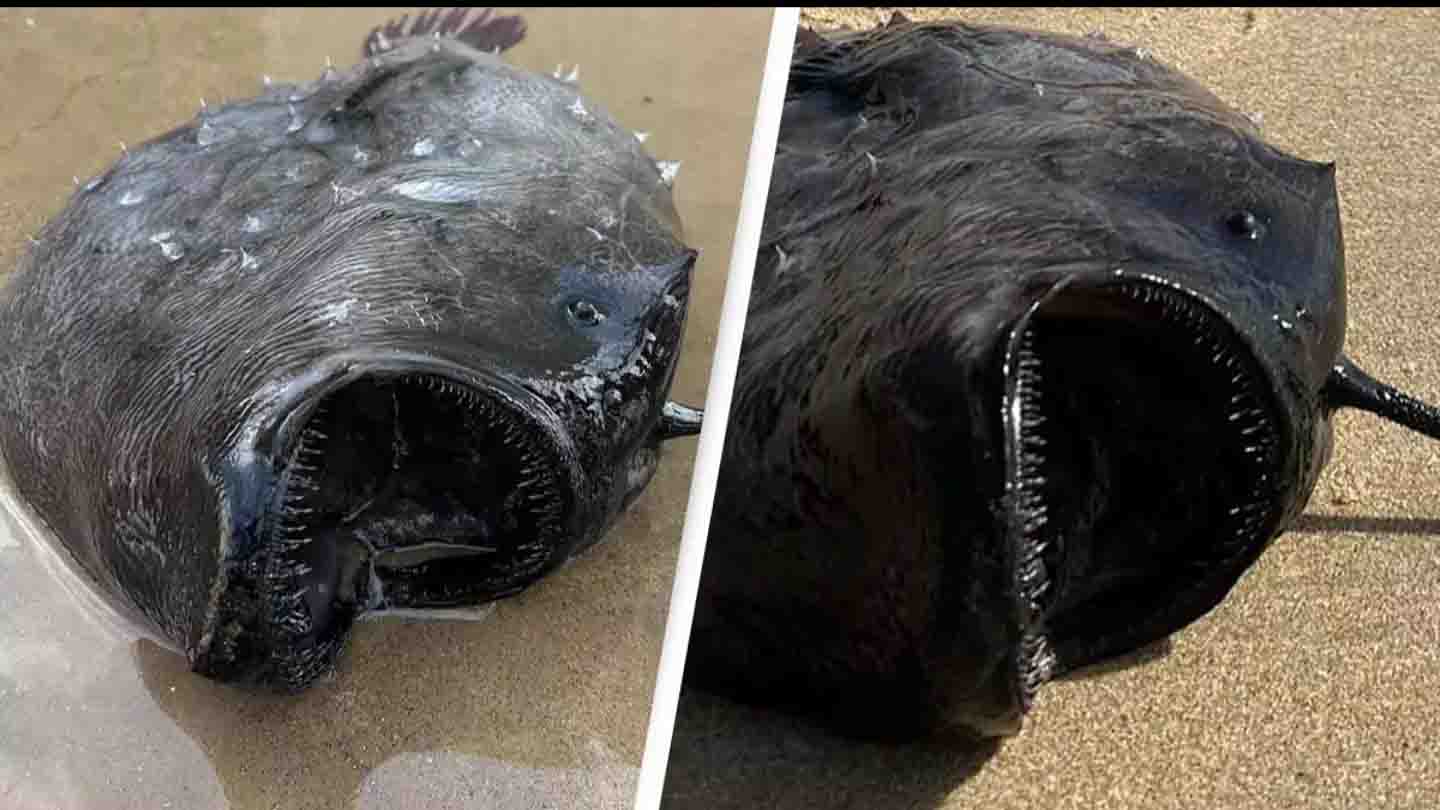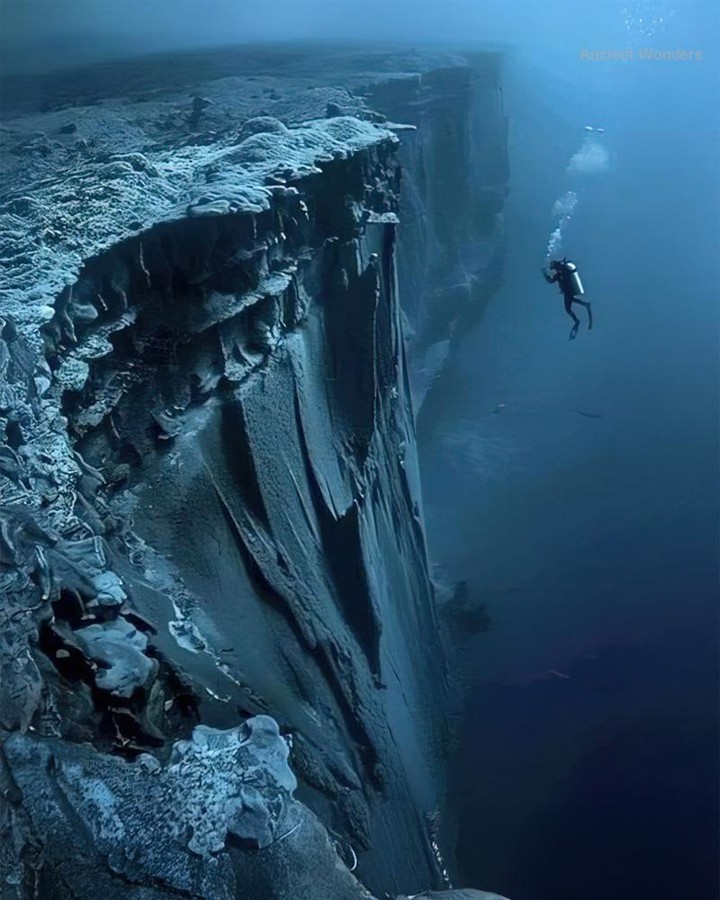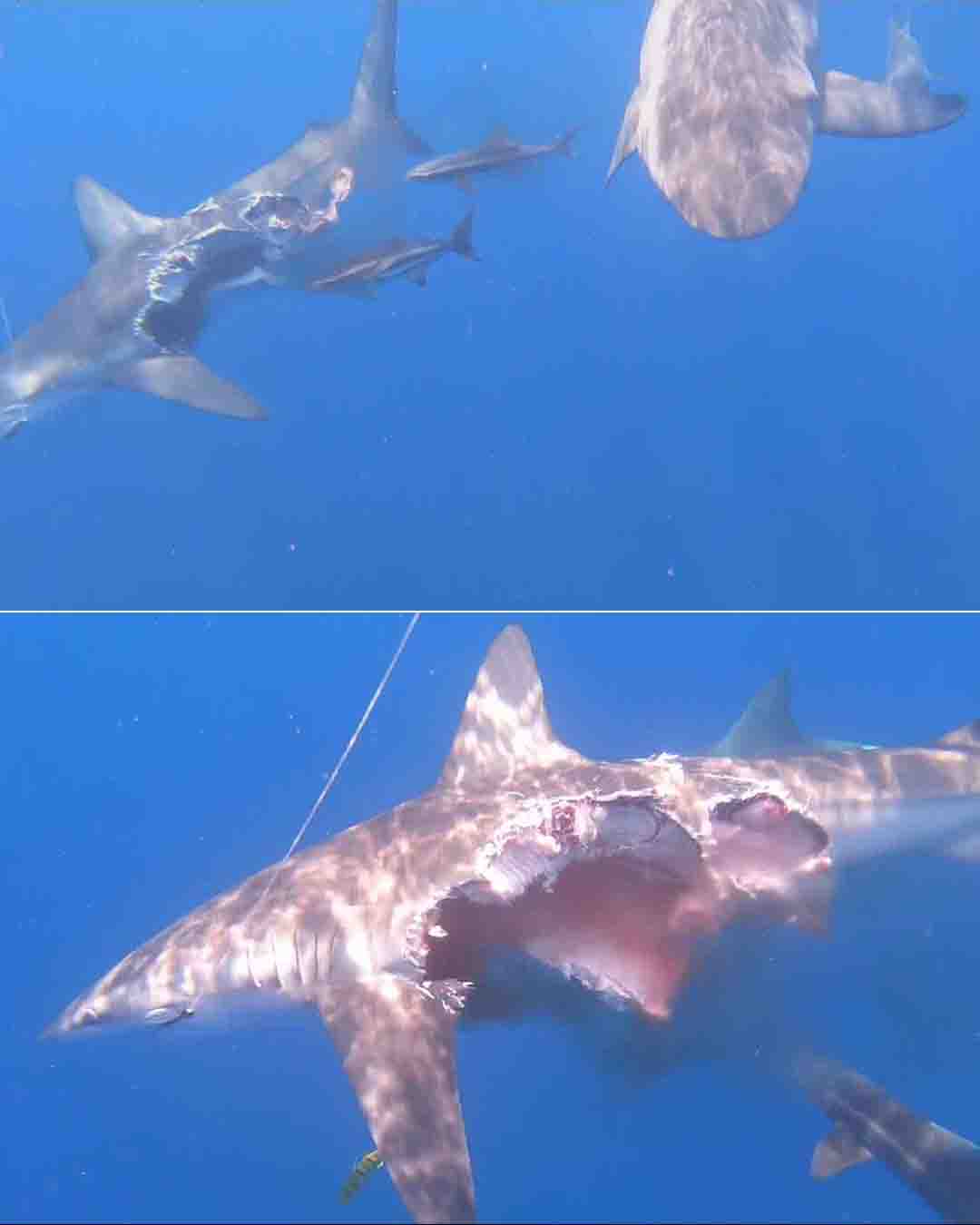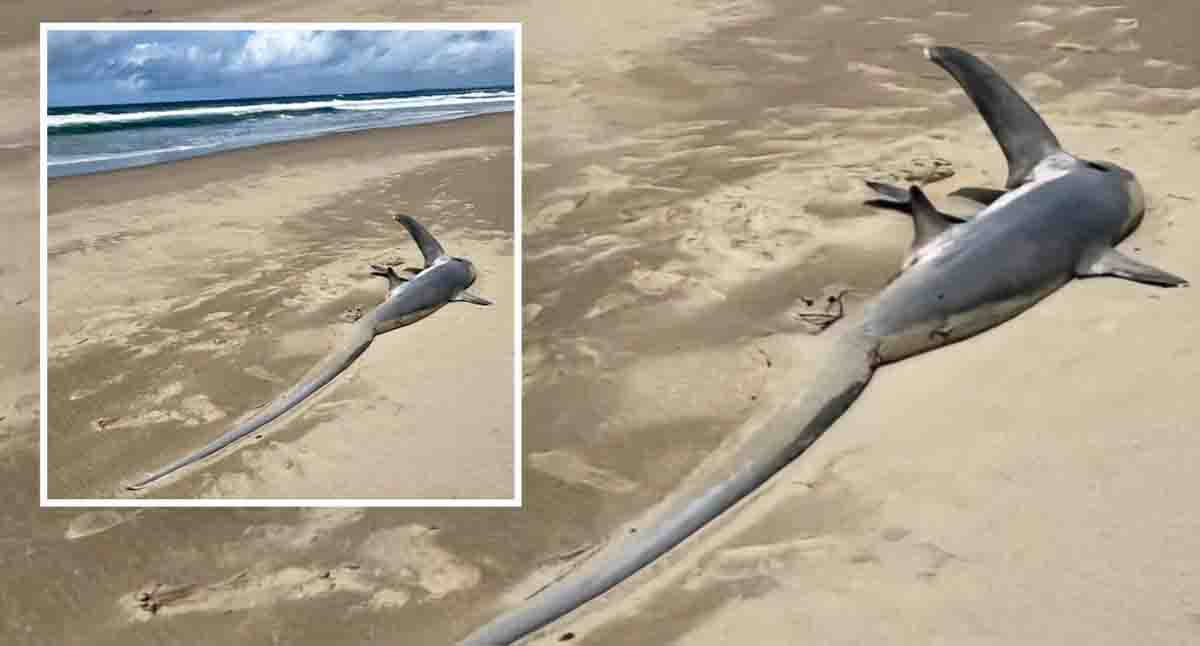THIS is the chilling moment a great white shark was found with its “organs sucked out” on a shoreline – shocking terrified beachgoers.
The rotting carcass was found on a beach in New Zealand after suffering a suspected orca attack.

The mangled carcass was discovered by beachgoers in Mount Maunganui, New ZealandCredit: 9news

The mutilated shark was ‘badly decomposed’ and missing its tailCredit: 9news
The mangled beast was initially spotted by local surfer Tao Moudley after a session on the waves on Wednesday evening.
It came just one day after a suspected pod of deadly orcas were sighted in the nearby harbour of Tauranga, located in the suburb of Mount Maunganui.
“It was just lying on the beach at about 6pm,” Moudley told SunLive after finding the carcass.
“It freaked me out a bit.
“I was a bit hesitant to get back out in the water.
“You hear about sharks a lot more out at Matakana (Island), but not at the main beach.”
According to multiple passers-by, the shark was missing its tail and was described as “badly decomposed”.
And Waikato University researcher and marine ecologist Phil Ross said the missing tail could be an indication that the shark had been attacked by an orca.

“I went down as soon as I could,” Ross told 9news.
“I walked up and down the beach to see it for myself, but it seems as though it had washed away.
“It was discovered around the Oceanbeach Road and Marine Parade roundabout. I would have been pretty keen to take a look at it.”
Ross said the washed up beast follows an increase in reported shark sightings in the coastal area.
It comes as scientists in South Africa have voiced theories that sharks may been lured closer to popular shorelines as they avoid being hunted by deadly orcas.
Several carcasses are said to have popped up across the globe with evidence they may have been feasted upon for the purpose of consuming their organs – such as their liver.
Jon Monsoon, who works at a shark adventure company in Cape Town, says orcas have been known to develop a taste for a specific energy-rich oily compound contained in sharks organs called squalene.
“Ingesting the shark’s liver gives the orcas a charge unlike any other prey meat”, he wrote online.
“So it is likely that the orcas become addicted to this substance and seek it out in ever greater quantities.”
SEEK AND DESTROY
But it appears it’s not just sharks that have a target on their backs, with humans at risk too.
This summer shocking footage emerged showing desperate sailors fighting for their lives after raging orcas attempted to capsize boats.
More than 230 orca interactions have been reported in the last two years, ranging from the massive animals approaching boats to attacking them.
The creatures are regularly spotted in the areas such as Spain and Portugal as they migrate to feed on tuna living around the Straits of Gibraltar.
In August, an orca pod sank a tourist boat off the Portuguese coast.
The 20-foot beasts smashed a hole in the side of a ship, which was sailing just of Sines, forcing holidaymakers to abandon the vessel.
At the time, marine expert Victor Hernandez suggested that these may be ‘revenge attacks’ by a rogue orca pod for illegal poaching.
He said the attacks were being carried out by a pod of between nine and thirteen orcas – who are known for hunting in groups.





